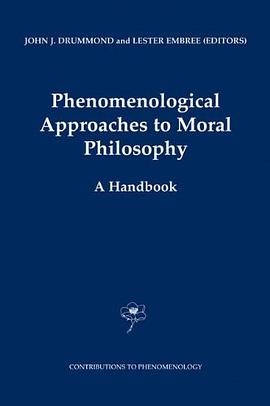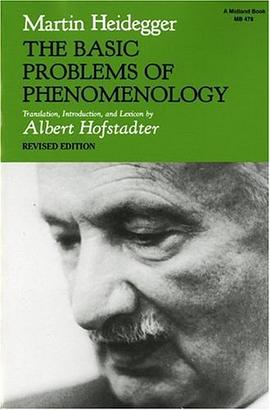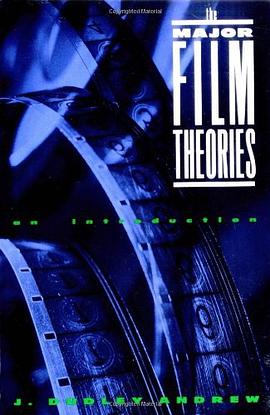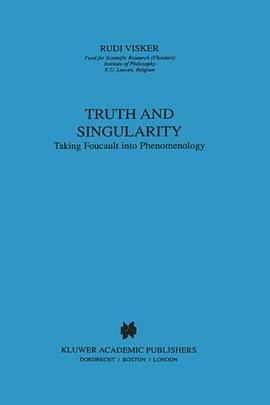

具體描述
The attempt to pursue philosophy in the name of phenomenology is one of the most significant and important developments in twentieth century thought. In this bold and innovative book, Simon Glendinning introduces some of its major figures, and demonstrates that its ongoing strength and coherence is to be explained less by what Maurice Merleau-Ponty called the 'unity' of its 'manner of thinking' and more by what he called its 'unfinished nature'. Beginning with a discussion of the nature of phenomenology, Glendinning explores the changing landscape of phenomenology in key texts by Husserl, Heidegger, Sartre, Merleau-Ponty, Levinas and Derrida. Focusing on the different ways in which each philosopher has responded to and transformed the legacy of phenomenology, Glendinning shows that the richness of this legacy lies not in the formation of a distinctive movement or school but in a remarkable capacity to make fertile philosophical breakthroughs. Important topics such as the nature of phenomenological arguments, the critique of realism and idealism, ontology, existentialism, perception, ethics and the other are also closely examined. Through a re-evaluation of the development of phenomenology Glendinning traces the ruptures and dislocations of philosophy that, in an age dominated by science, strive constantly to renew our understanding of ourselves and our place in the world. Clearly and engagingly written, "In the Name of Phenomenology" is essential reading for students of phenomenology and contemporary philosophy.
著者簡介
圖書目錄
讀後感
評分
評分
評分
評分
用戶評價
相關圖書
本站所有內容均為互聯網搜索引擎提供的公開搜索信息,本站不存儲任何數據與內容,任何內容與數據均與本站無關,如有需要請聯繫相關搜索引擎包括但不限於百度,google,bing,sogou 等
© 2025 book.quotespace.org All Rights Reserved. 小美書屋 版权所有




















